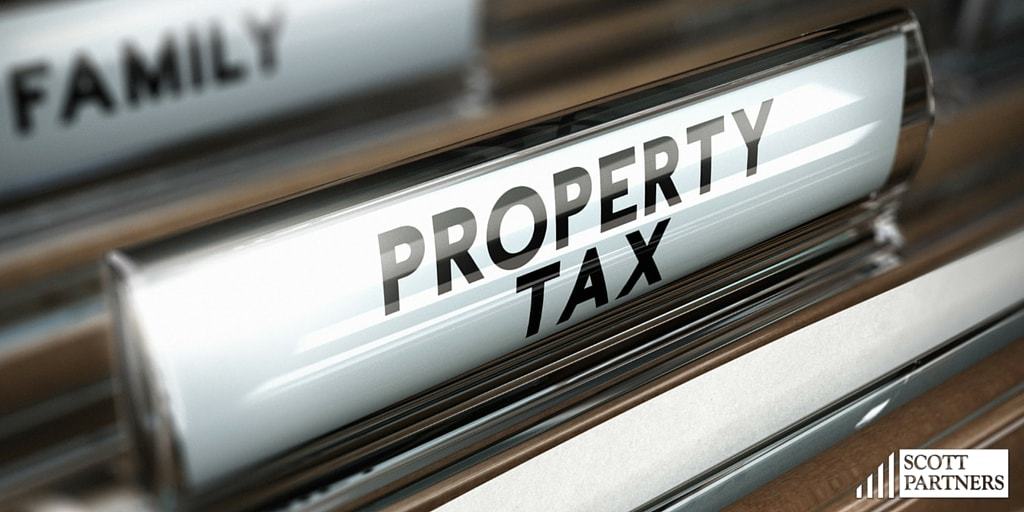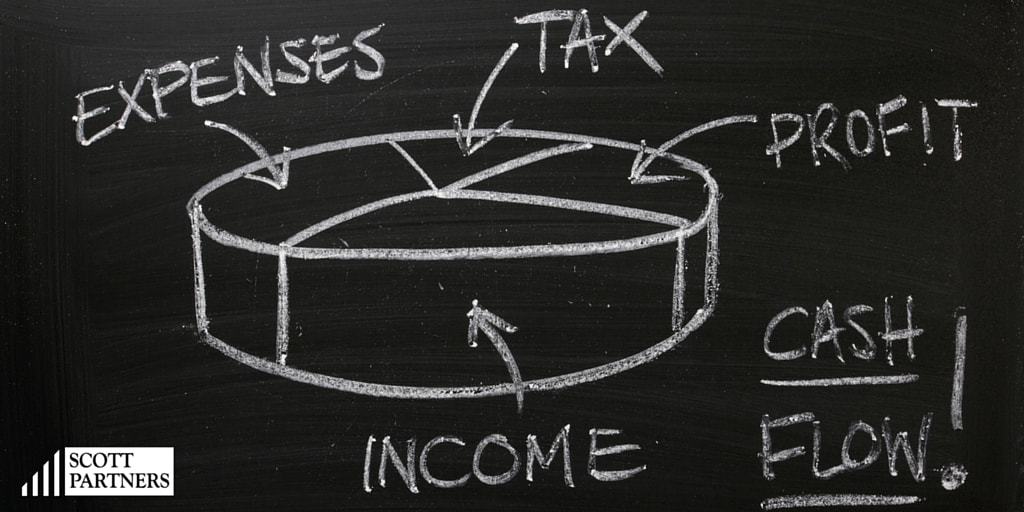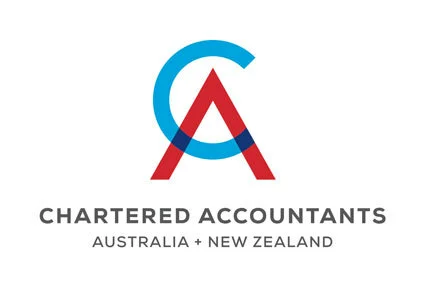Understanding What Taxes Apply to Your Investment Properties

Buying a property is one of the most sensible and common ways that Australians invest for their financial future. But as with any investment, the difference between a good return and a great one is in the detail. And over the long term, a few percentage points of difference in what you earn and what you save can add up to tens of thousands of dollars.
One of the least well understood and most overlooked ways to maximize your returns from your investment property is to know how the tax system works, and how you can work within the rules to increase your returns.
Negative Gearing
Although there has been some conversation in the press recently about winding back negative gearing, it remains one of the most attractive reasons to invest in property.
In broad terms, if you pay more to maintain your property through repairs and the interest on loans than you receive in rent, then your property is negatively geared. When your spending on your property exceeds your income, then you have losses from the property.
Negative gearing allows you to deduct those losses from your other taxable income from your salary or other investments. For example, if your income is $50,000 in 2016, and you have an investment property with losses over the same year of $10,000, then you can reduce your taxable income to $40,000, which greatly reduces the amount of tax paid.
Deductions
Just as you can claim deductions for expenses that you incur in the course of your job, you can also claim deductions for your property expenses.
Some examples of deductions that you may be able to claim for your investment property include advertising for tenants in the local newspaper, real estate agents fees, local council rates for the property and interest payments on the loan for the property. You may also be able to claim the cost of repairs to the property, building insurance as well as the depreciation cost of fixtures in the property like fridges and dishwashers.
Of course, the rules apply differently to each property and person, and they are strictly enforced, so it pays to get advice from a professional before you begin claiming deductions.
Capital Gains Tax
Capital gains tax or CGT, is the tax that you must pay on any profit you make on the property. Your family home or primary place of residence is not subject to CGT, but all other properties are. CGT is calculated on the difference between what you bought the property and what you sell it for.
How much you pay on any profit you make will depend on your personal tax rate, so once again, it’s much better to get advice on what kind of CGT amount you will be up for if you sell your property.
If you would like to discuss how taxes will apply to your investment property, we encourage you to give our professional and friendly Scott Partners team a call.
We can arrange an appointment at a convenient time for you, so we can help you plan how to get the full advantage from your investments.







